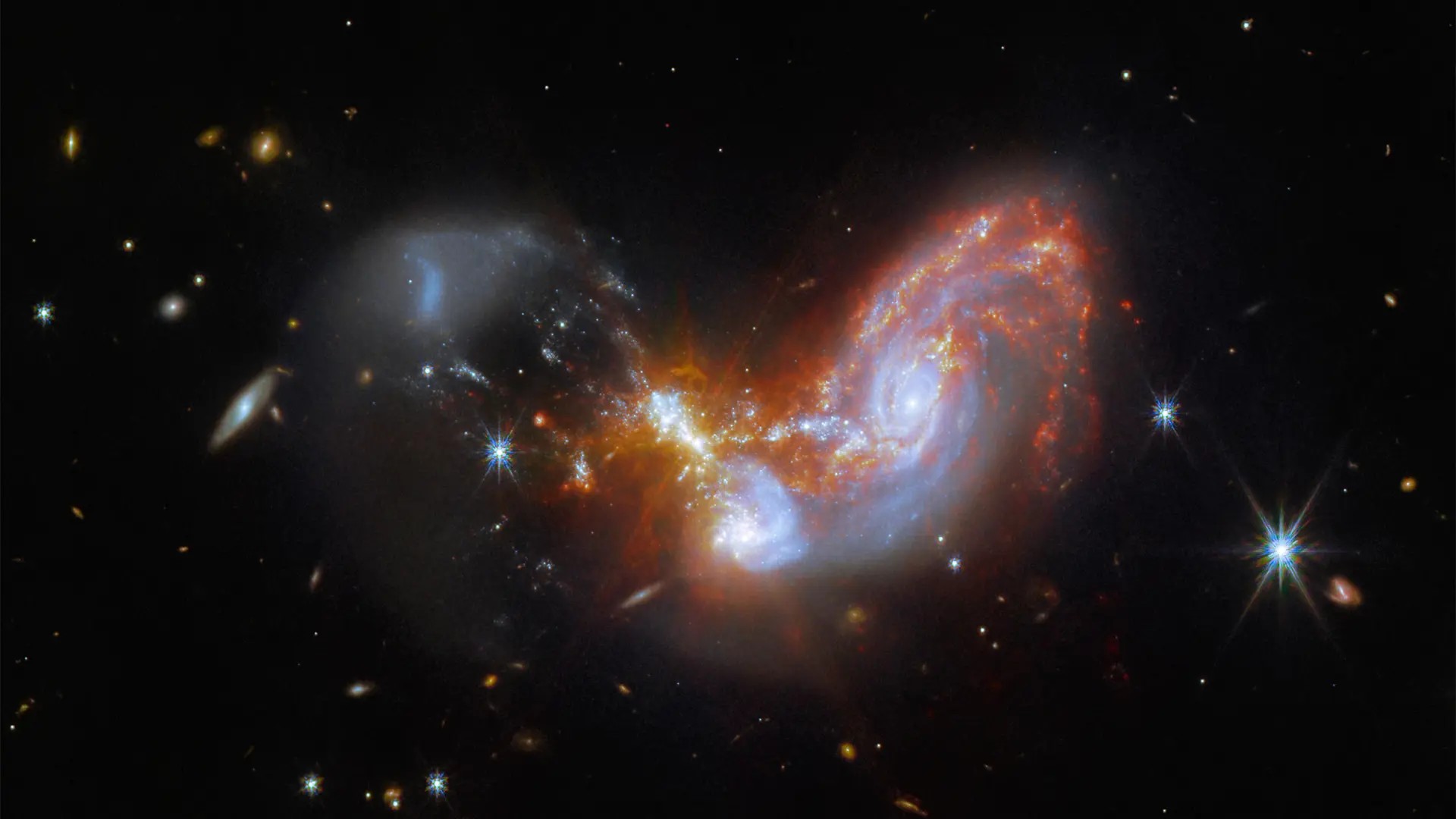
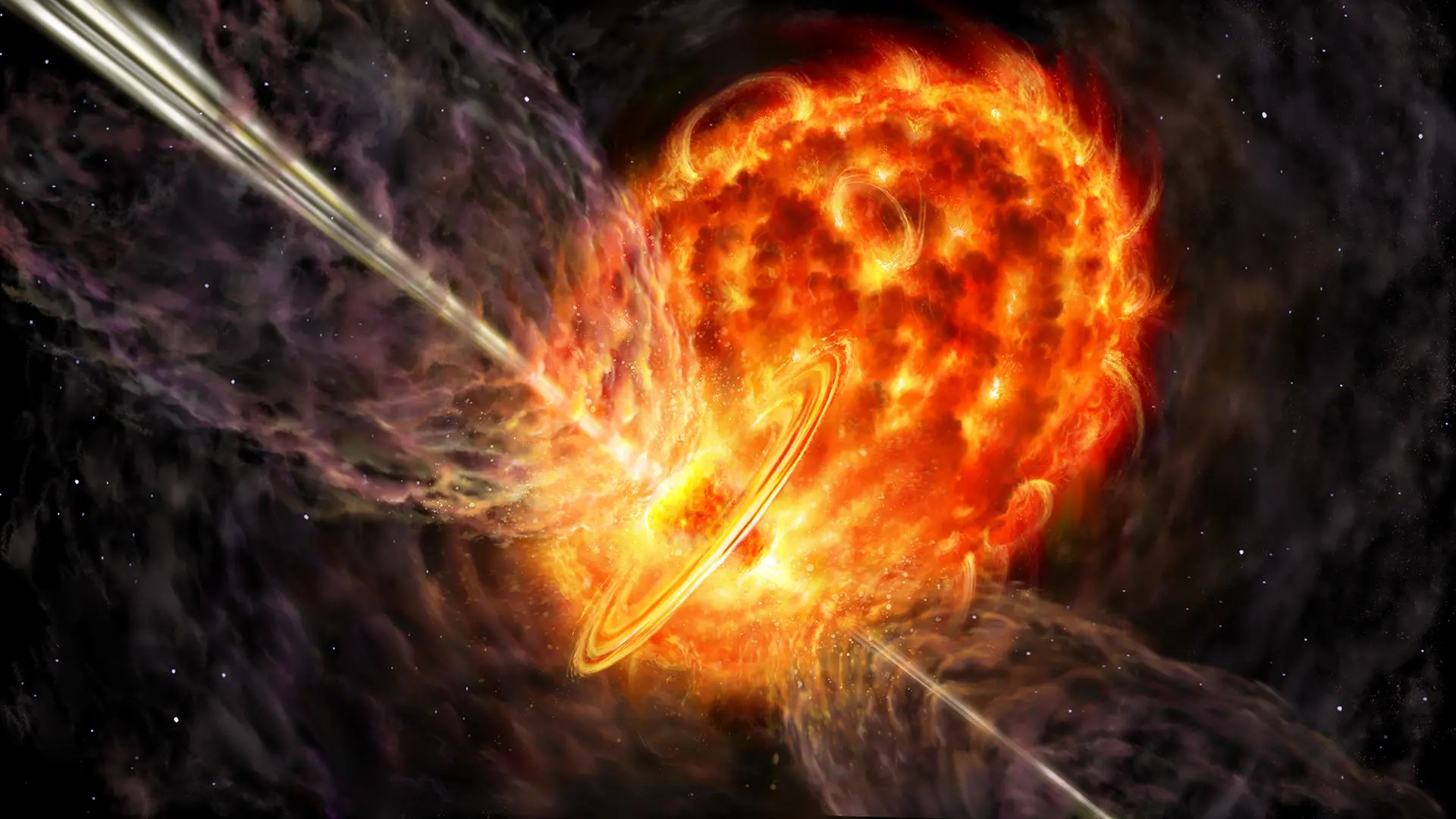
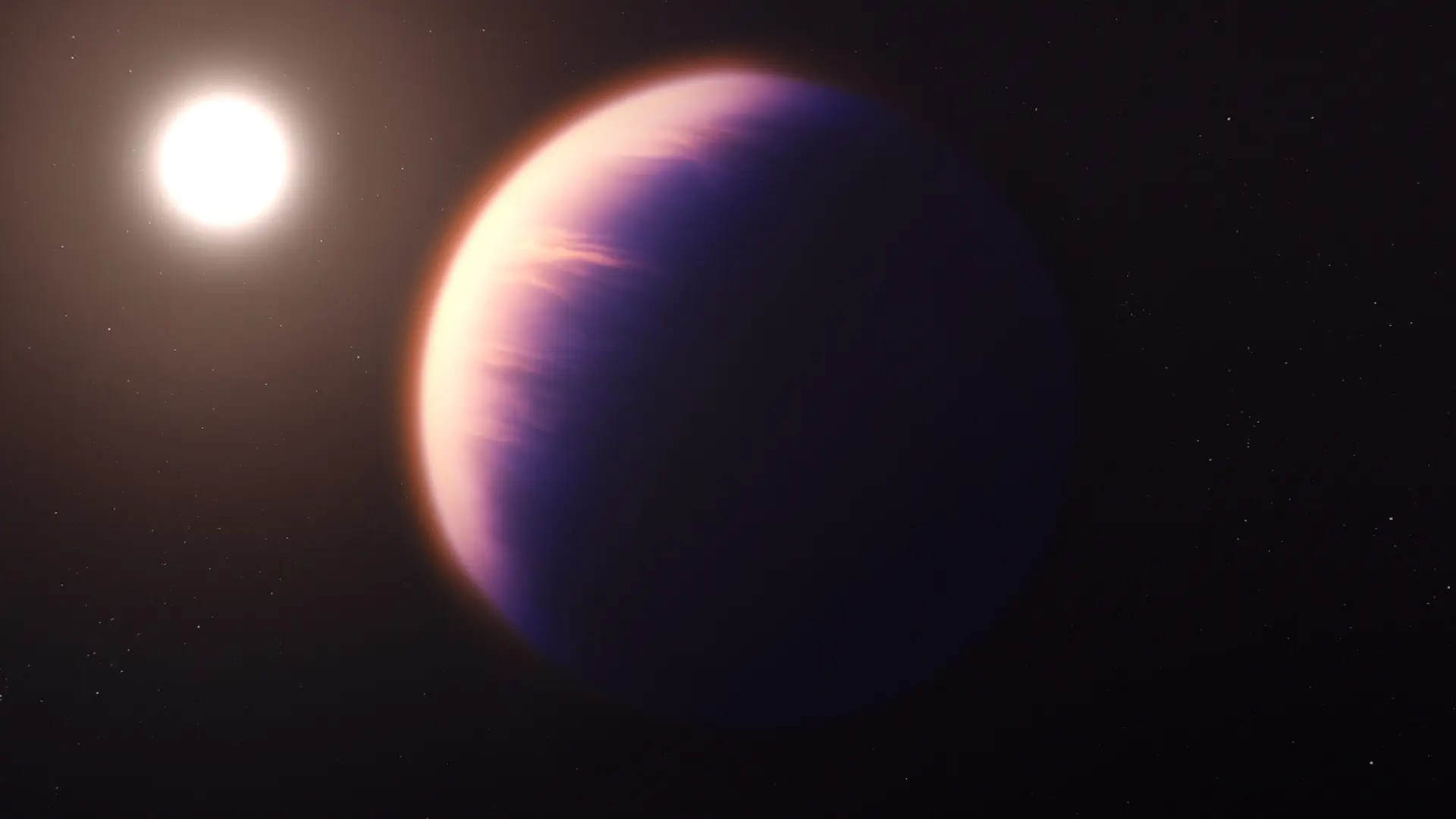
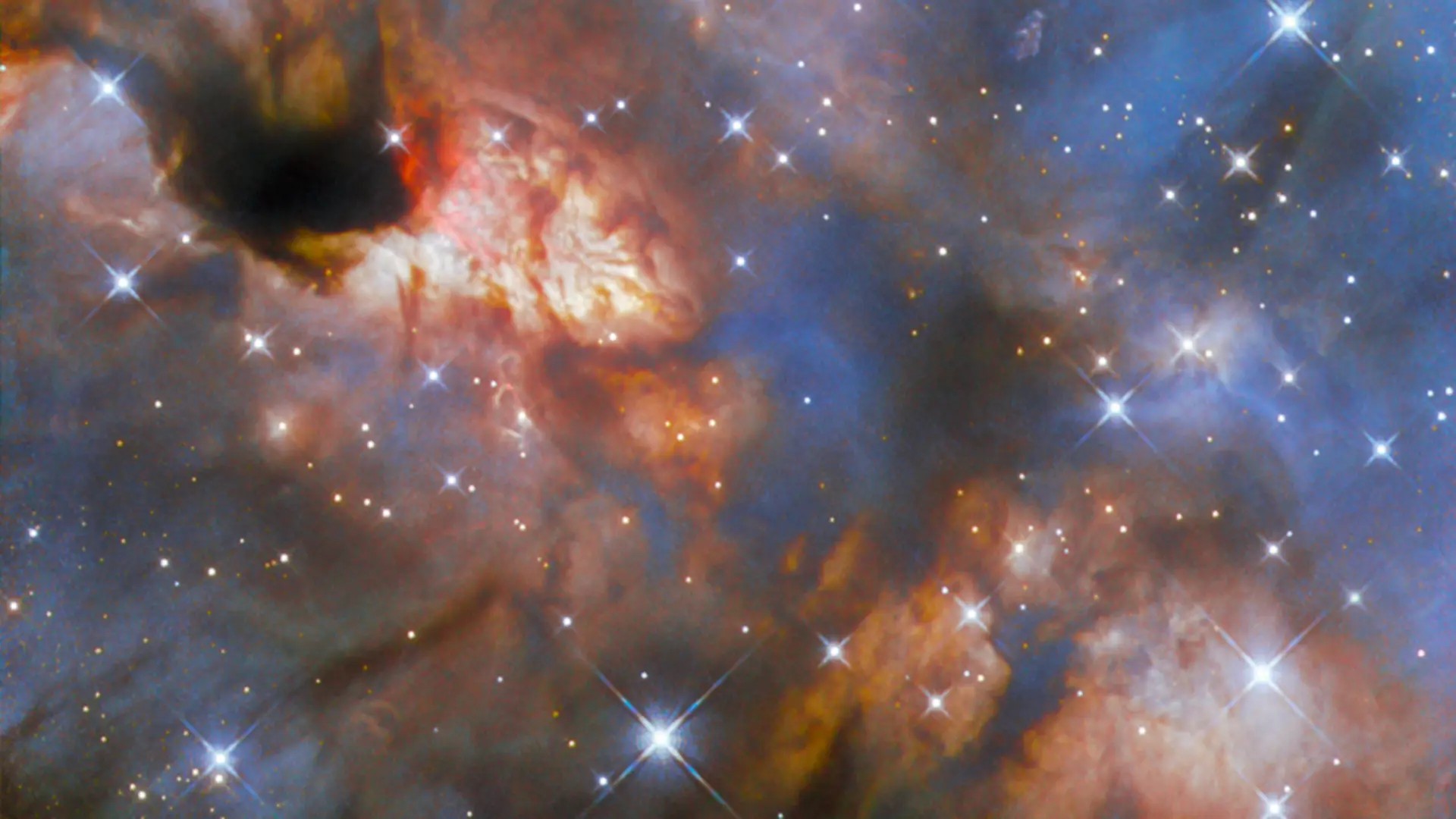
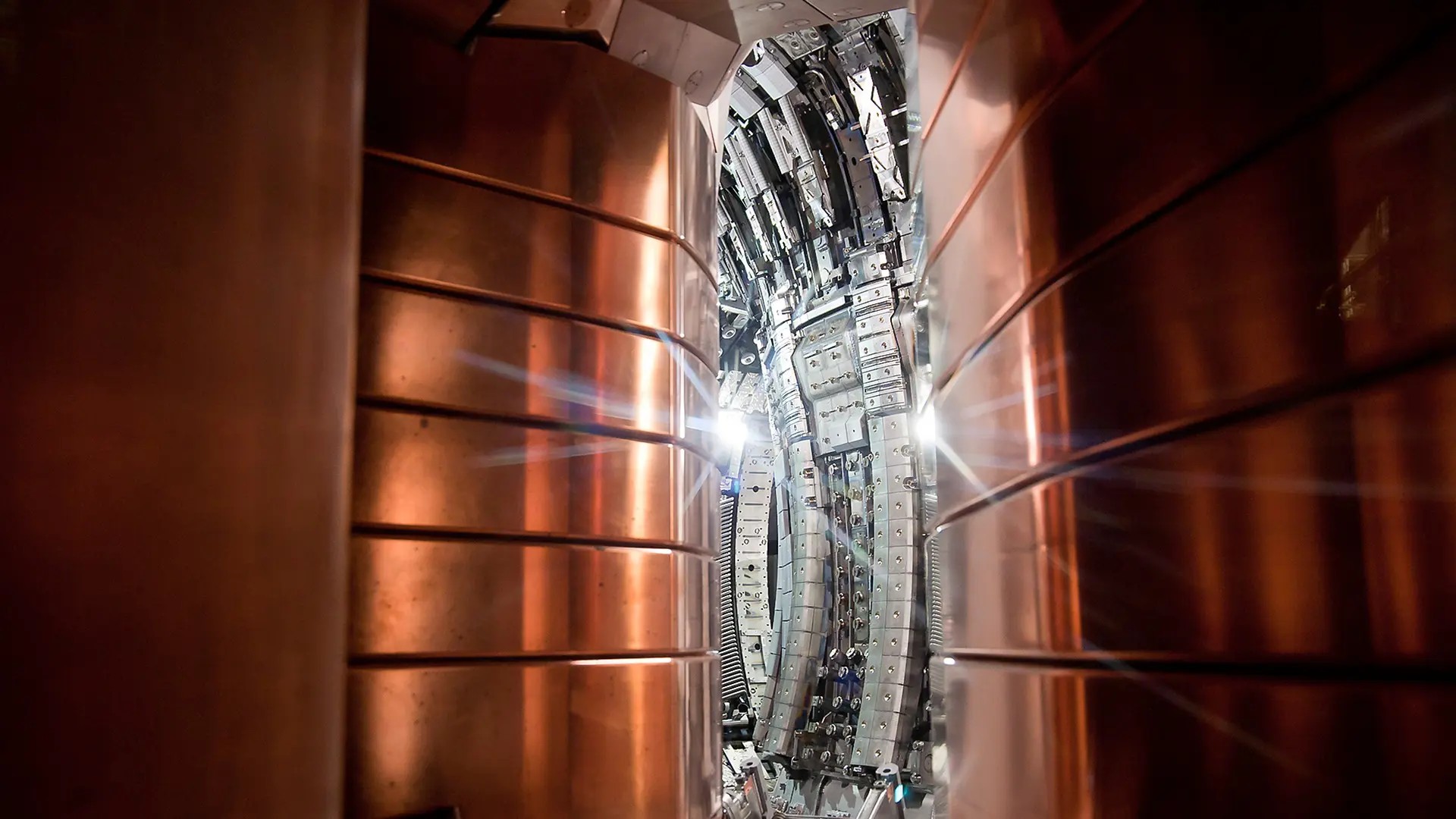
Our research covers a wide range of topics – from planetary atmospheres, through the early evolution of stars and planets, to late stages of stellar evolution, the physics and chemistry of interstellar and intergalactic matter, the structure and evolution of galaxies, and cosmology.
We carry out observations at most wavelengths, focusing on radio and infrared wavelengths. We do theoretical research and develop numerical simulations and models of complex systems like galaxies and gas clouds. We also help to develop future telescopes on the ground and in space.
We also provide theoretical support for global efforts to realise thermal fusion energy as a clean, safe and sustainable energy source. In this connection, we study plasma turbulence and plasma transfer, the energy-rich particle physics of burning fusion plasma and magnetohydrodynamic (MHD) stability.
The main motivators of our work are curiosity about how the Universe evolves, promotion of education and science as a crucial part of modern society, and drive to educate and inspire the next generation of scientists.
Learn more about our research topics
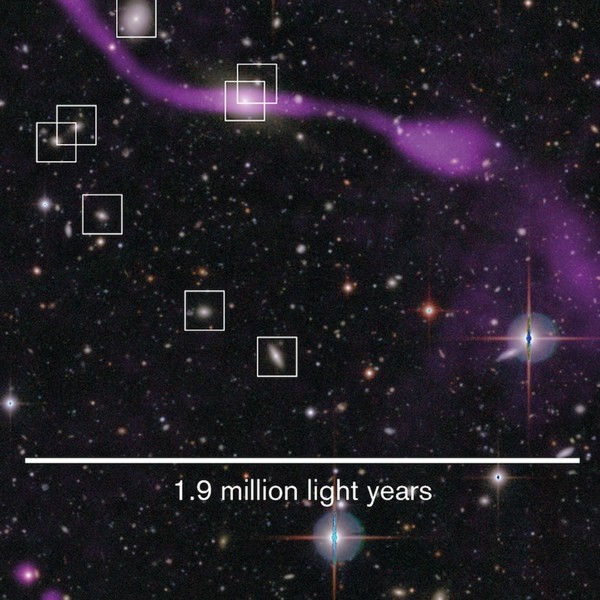
Active Galactic Nuclei
We explore the cosmic evolution of galaxies and of their supermassive black holes.
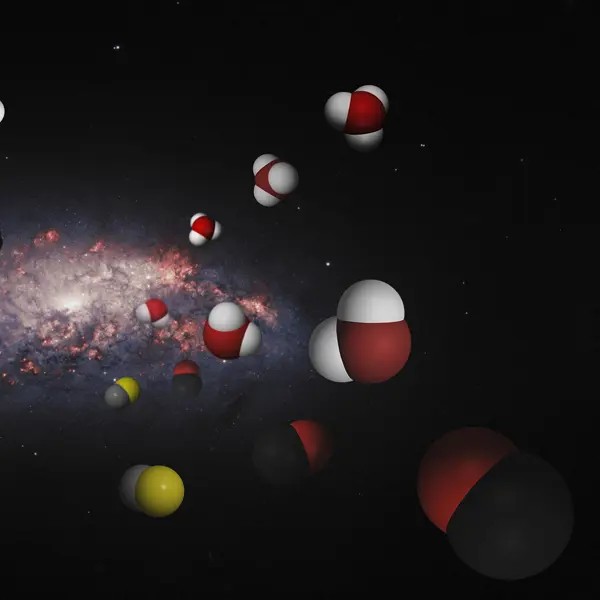
Astrochemistry
We study the chemical processes in the interstellar medium and in various cosmic objects.
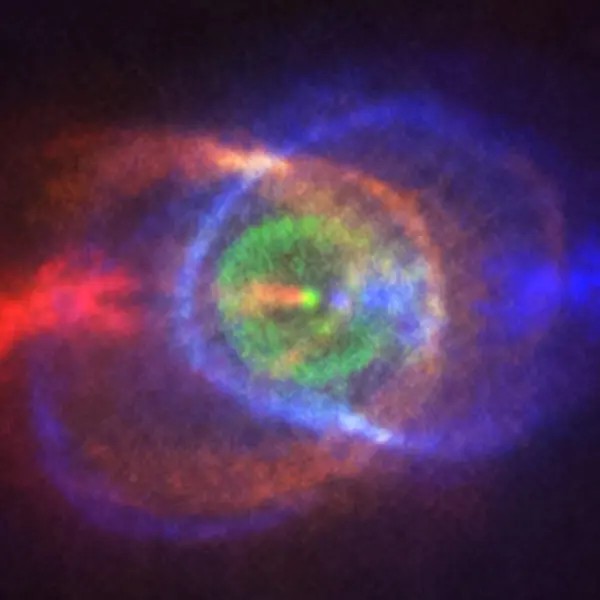
Evolved stars
We study the late stages of evolution of low-mass and high-mass stars.
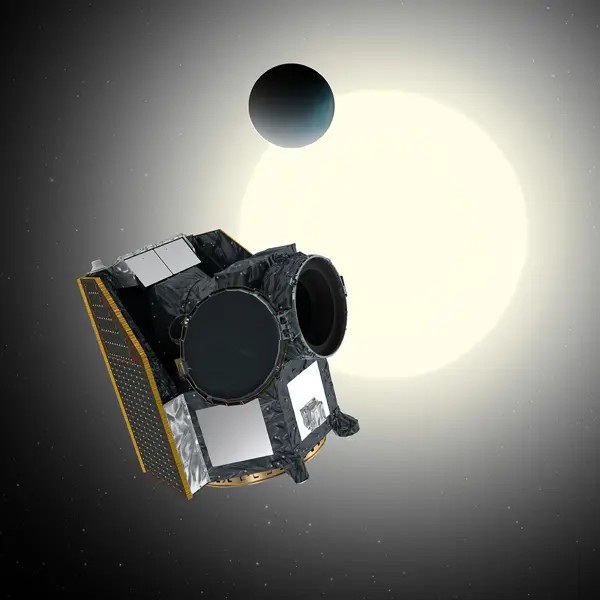
Exoplanets
We discover and characterise exoplanets - planets orbiting other stars - and study their origin, evolution, and habitability.
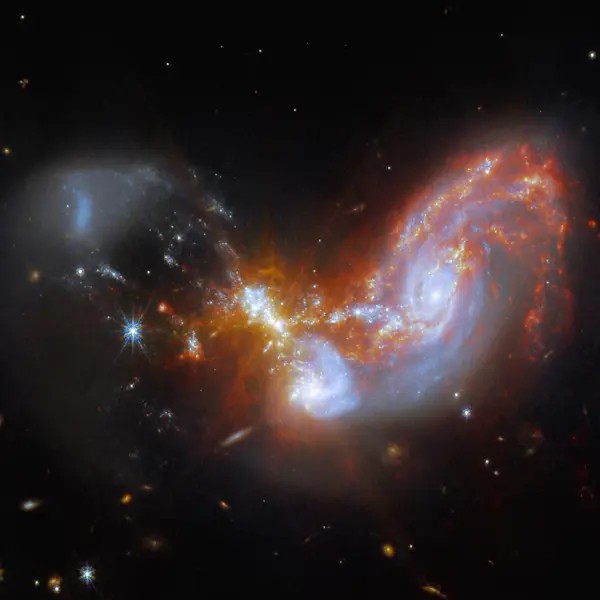
Galaxy clusters and galaxy evolution
We investigate the formation and evolution of galaxies during the first few billion years after the big bang.
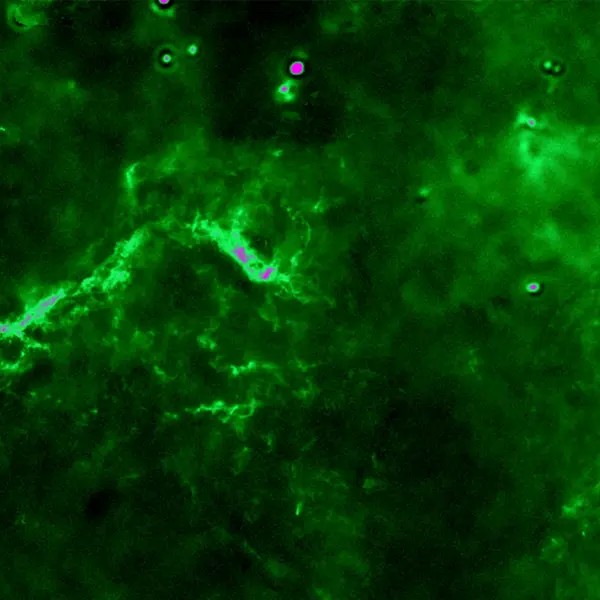
Star formation and interstellar medium
We study how the gas reservoir of galaxies—including the Milky Way—gives rise to new stars.
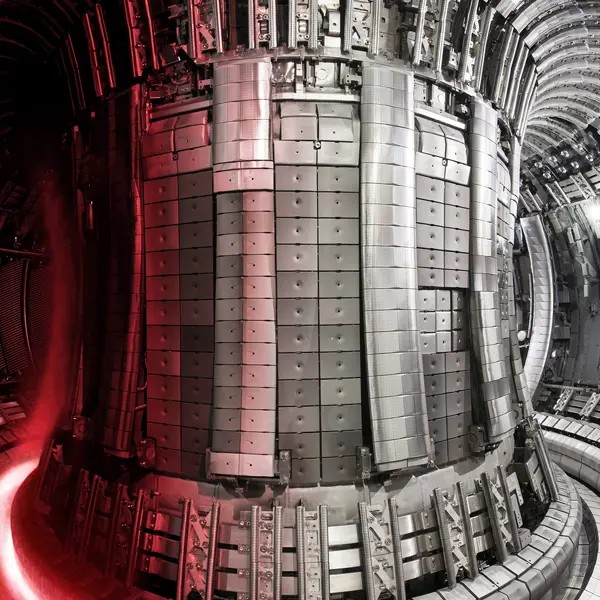
Plasma Physics and Fusion Energy
We provide theoretical support to the worldwide effort for the realization of fusion energy as a clean, safe and sustainable energy source.
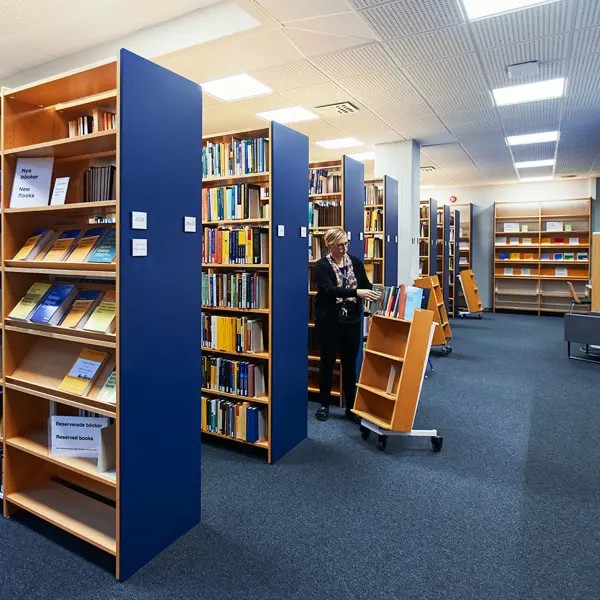
Publications
Publications from the division of Astronomy and Plasma Physics, in Chalmers research database.
